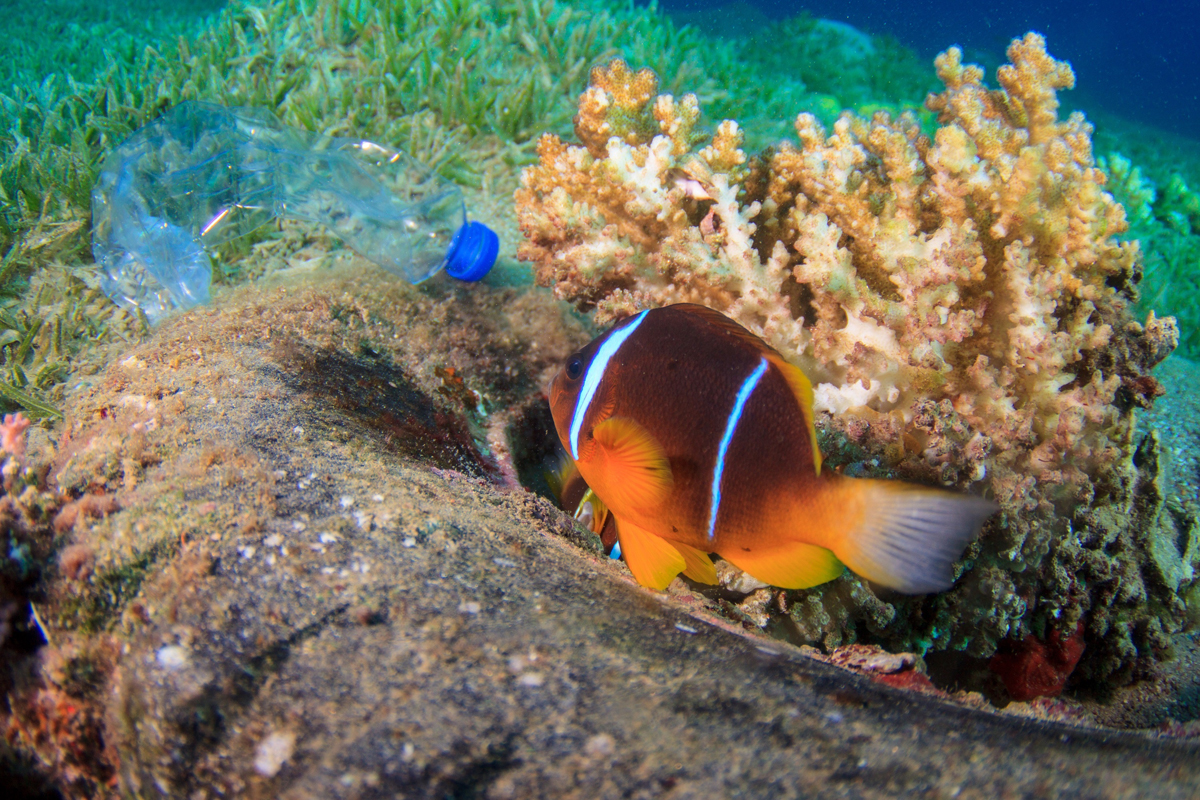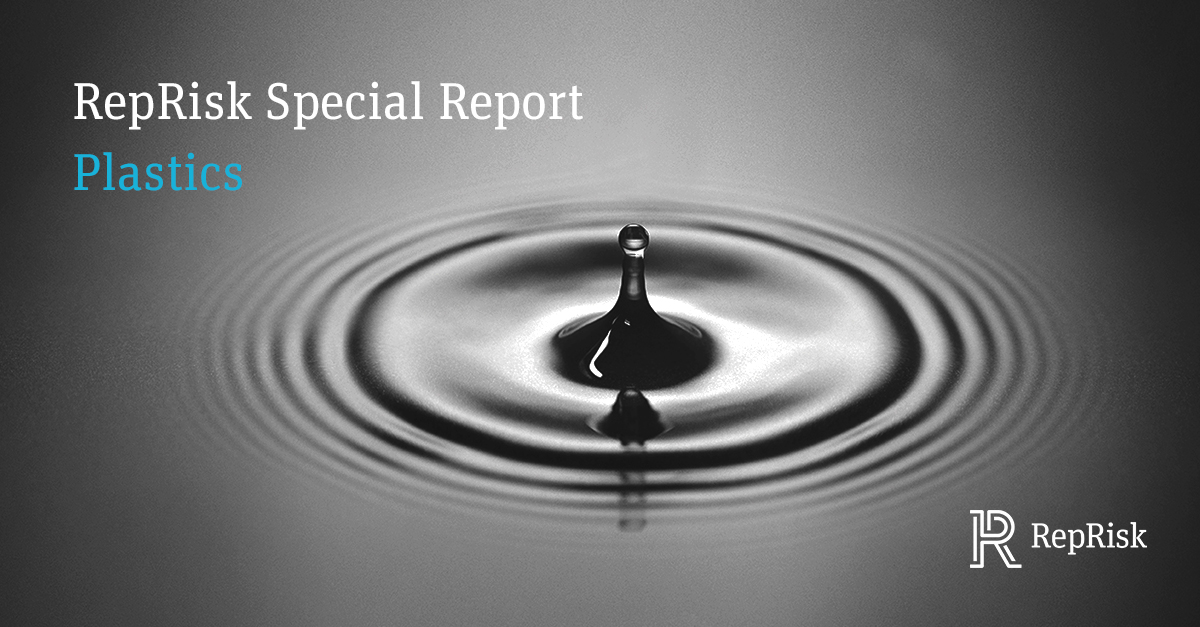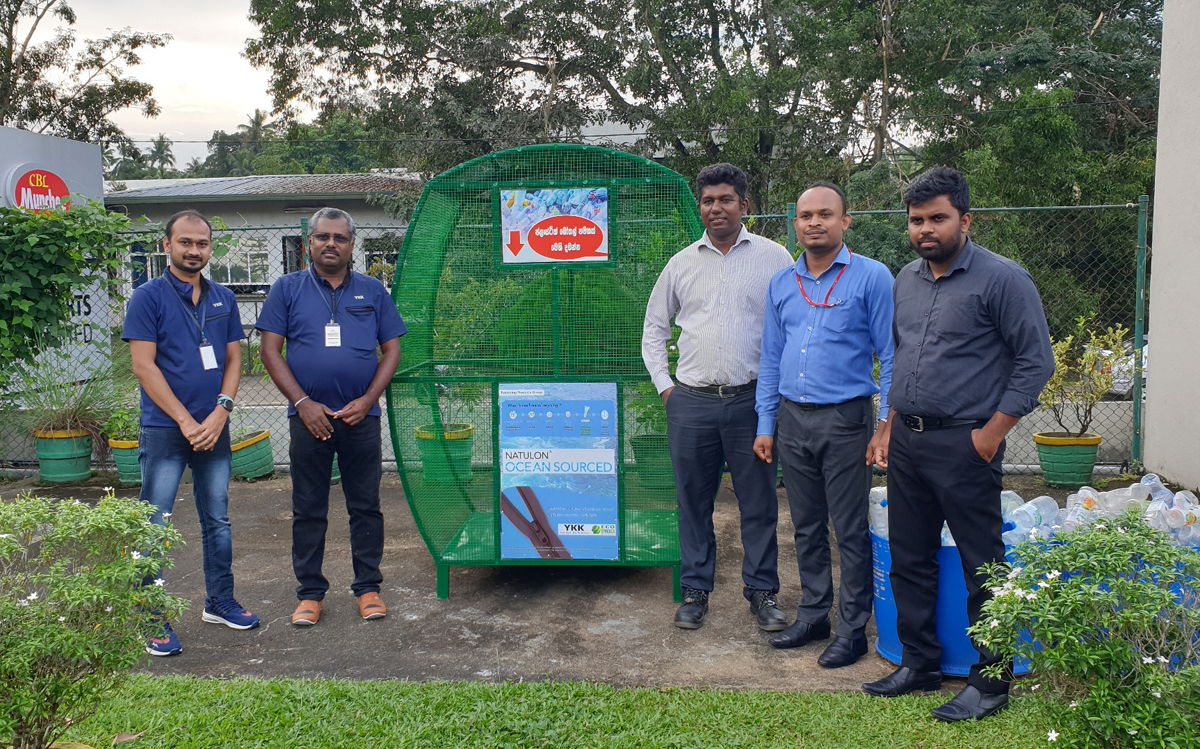Ocean plastic causes environmental pollution, damages ecosystems, and leads to major economic losses
8.3 billion tons. This is the total amount of plastic manufactured in the world since its invention in the 1950s. Of this, it is said that 6.3 billion tons have been turned into waste, and in recent years, ocean plastic pollution has become a major environmental problem*1. The problem of ocean plastic is most acute in countries with nonexistent or poorly functioning waste management systems.
This ocean plastic pollution directly harms living creatures and is a grave threat to marine ecosystems. We have seen many reports of animals that eat large quantities of plastic and then starve to death due to the undigested plastic clogging their stomachs.
It is said that, if no action is taken, by 2050 the total volume of plastic in the oceans shall exceed that of fish *1, and it is forecast that economic losses due to marine ecosystem damage will reach 13 billion dollars*2. In August 2019, the World Health Organization (WHO) called for more research into plastic pollution and stated the need to combat its global spread.

Worldwide responses to ocean plastic pollution
As the ocean plastic pollution problem grows more serious, the Davos Summit (World Economic Forum Annual Meeting) in January 2020 announced a goal to reduce waste in 2020 by 25% compared to the previous year, and to abolish disposable plastic bottles and plastic bags*3.
In addition, the Global Plastic Action Partnership (GPAP) was launched in 2019, which brings together leaders from government, the private sector, and citizen groups with the goal of achieving a circular economy. Alliances have been formed and a platform built aimed at eliminating plastic garbage. The aim of GPAP is to introduce compatible solutions for targeted regions by 2020, and to mitigate plastic pollution by 2025. In March 2019, the group linked up with the Indonesian government to launch the world's first National Plastic Action Partnership. With the cooperation of over 200 leaders and experts, the partnership swore a commitment to action and set ambitious goals to reduce ocean debris around Indonesia by 70% by 2025*4.
Meanwhile, the major global ESG risk information provision organization RepRisk, which is based in Switzerland, announced its RepRisk Special Report on Plastics*5, which summarized risk exposure rankings related to the plastic pollution problem. By using rankings to draw attention to high-risk companies, the report has influenced corporate assessments in terms of plastic pollution responses. There is now a general awareness that it is time for companies to take action and tackle the plastic pollution problem.

"Companies and investors that are heavily exposed to the plastics industry have an obligation to understand the full extent of this challenge and to take steps to reduce material risks in their investments, operations, and business decisions,” said climatologist and RepRisk CEO, Dr. Philipp Aeby
At the level of national policy, there are countries and regions now willing to set ambitious targets and impose strict regulations.
In 2019, the French cabinet decided on a wide-ranging law (the Anti-Waste Law) aimed at reducing waste and increasing levels of recycling*6. This is seen as an opportunity to create a circular economy centered in Europe that does not produce waste.
Other examples include Costa Rica, which announced plans to be the world's first plastic-free and carbon neutral country by 2021*7, India will ban all disposable plastic by 2022*8, and Taiwan is planning to eliminate all disposable plastic by 2030*9. The push to ban or completely eliminate disposable plastic is gaining momentum around the world. As well, in some countries such as Kenya, which in 2017 banned the manufacture, sales, import, and use of plastic bags, regulations mandate penalties for violators such as fines or imprisonment*10.
Ocean plastic pollution countermeasures in the fashion industry
Several fashion brands have begun using new technology that transforms ocean plastic into textiles. For example, a sports goods manufacturer has announced that by 2024 it will completely eradicate the use of virgin plastic (new, unused plastic) from its entire supply chain, including products, shops, and distribution. The same company is using special textiles upcycled from plastic waste collected from beaches to make shoes, clothing, and accessories.
As well, there are examples of companies using plastic bottles for prosthetic leg materials and cases of upcycling such as leggings produced from fishing nets discarded in the ocean*11.
YKK initiatives: Reducing ocean plastic pollution
YKK has developed the NATULON® Ocean Sourced™*12. zipper made with upcycled ocean bound plastic waste to help address the issue of ocean plastic. The zippers are made mostly with ocean bound plastic pollution collected from within 50 km of the Sri Lankan coastline*13. Not only does this help reduce ocean plastic pollution, the use of upcycled materials requires uses less energy and produces fewer carbon emissions compared to virgin polyester, thus reducing the overall environmental impact. YKK is planning to launch the product during 2020.
YKK Lanka (Private) Limited has also established an upcycling system to reuse plastic bottles. The company donated plastic bottle collection baskets to 12 plants (including its own) in the export processing zone where its own factory is located.
YKK Lanka then collects the plastic bottles from these 12 factories and sends them to a recycled yarn factory, with the resulting material being used to make NATULON® Ocean Sourced™ zippers.
Through such initiatives, YKK is making effective use of resources in order to help solve the ocean plastic pollution problem.
